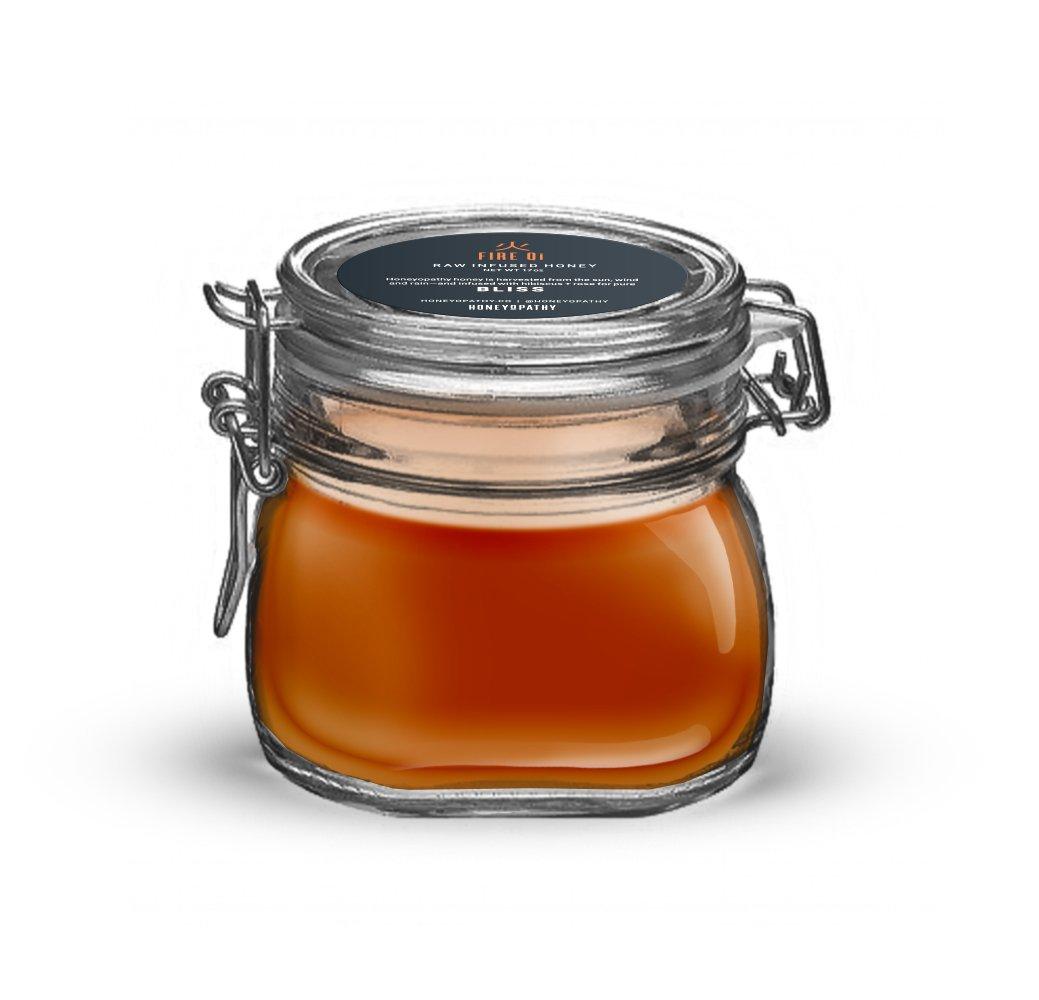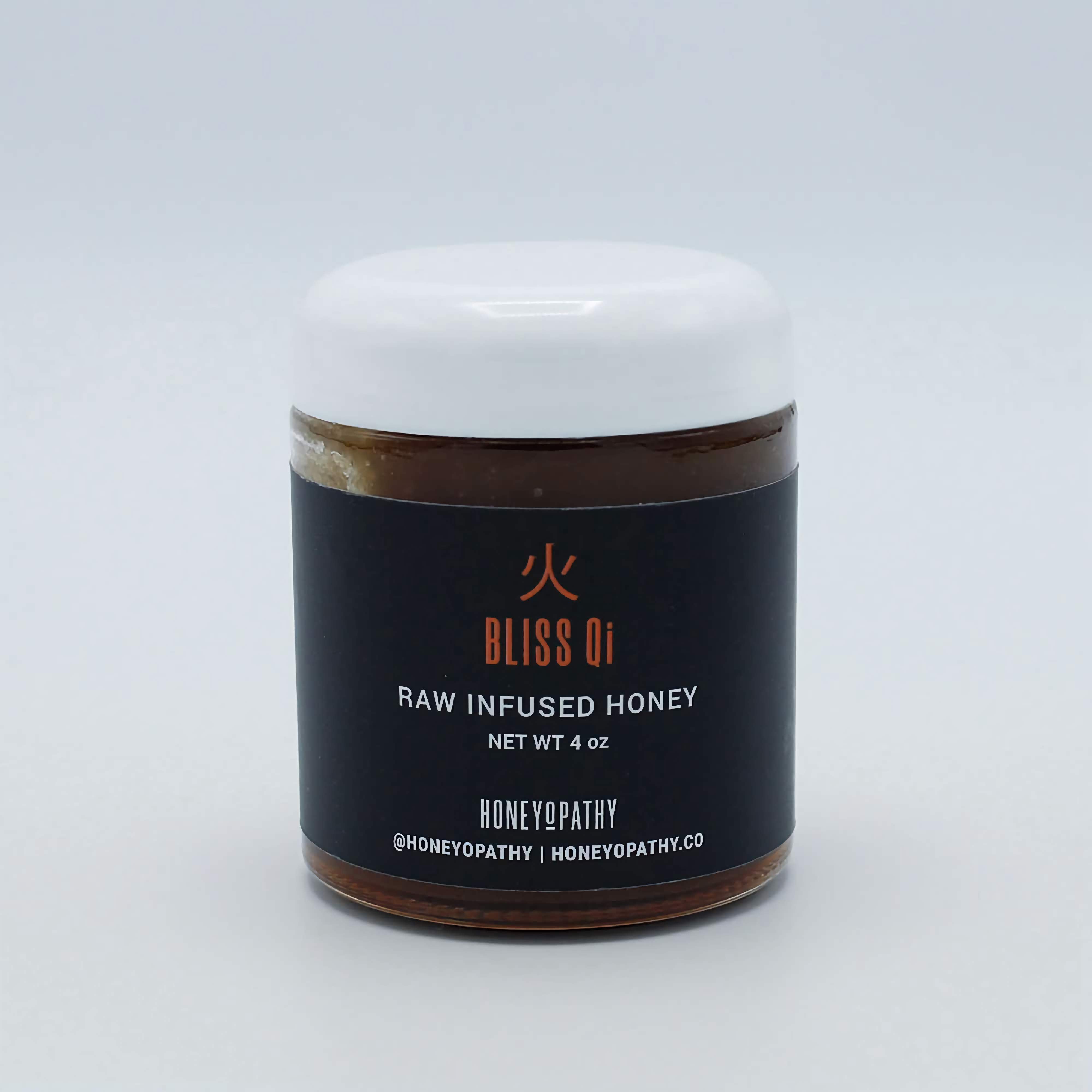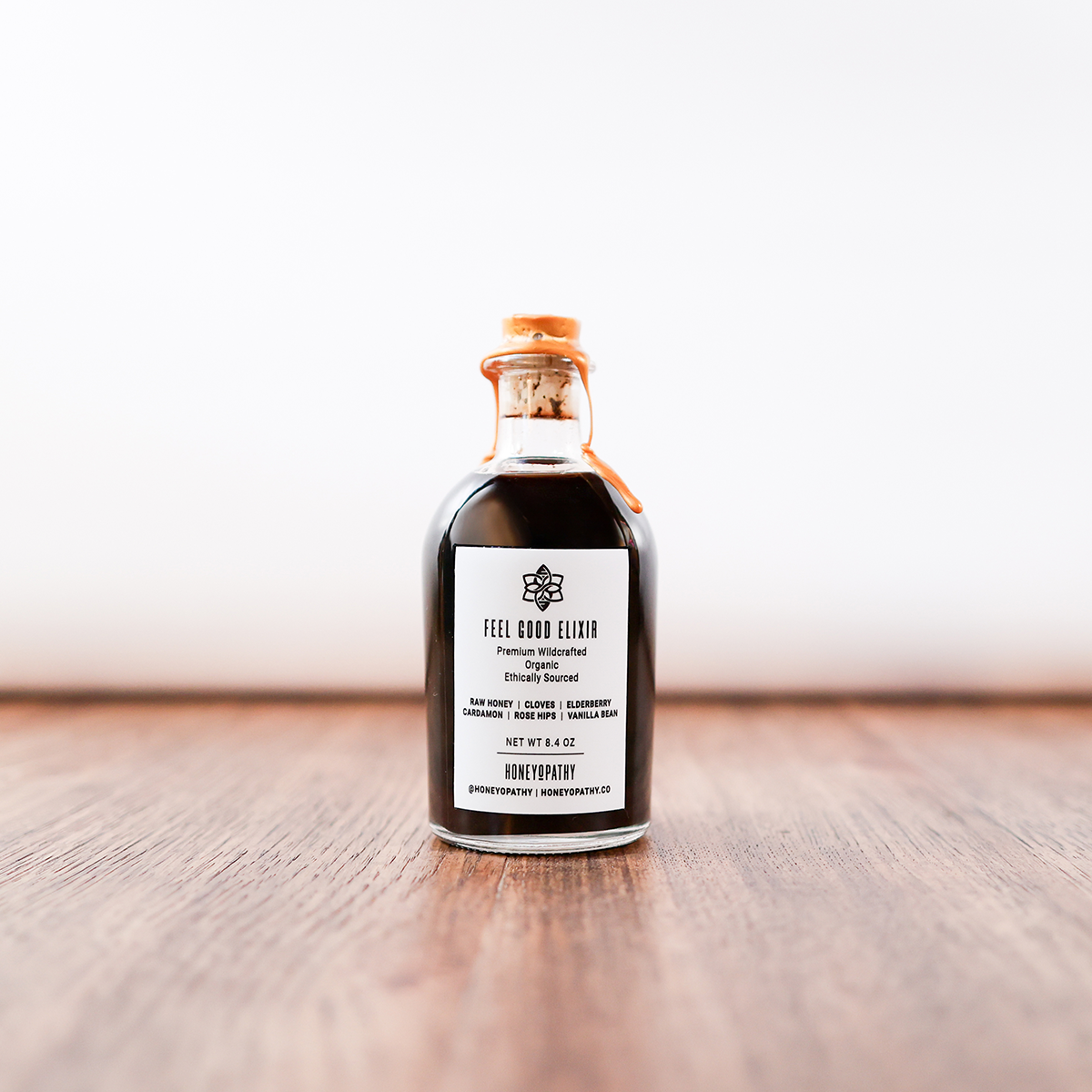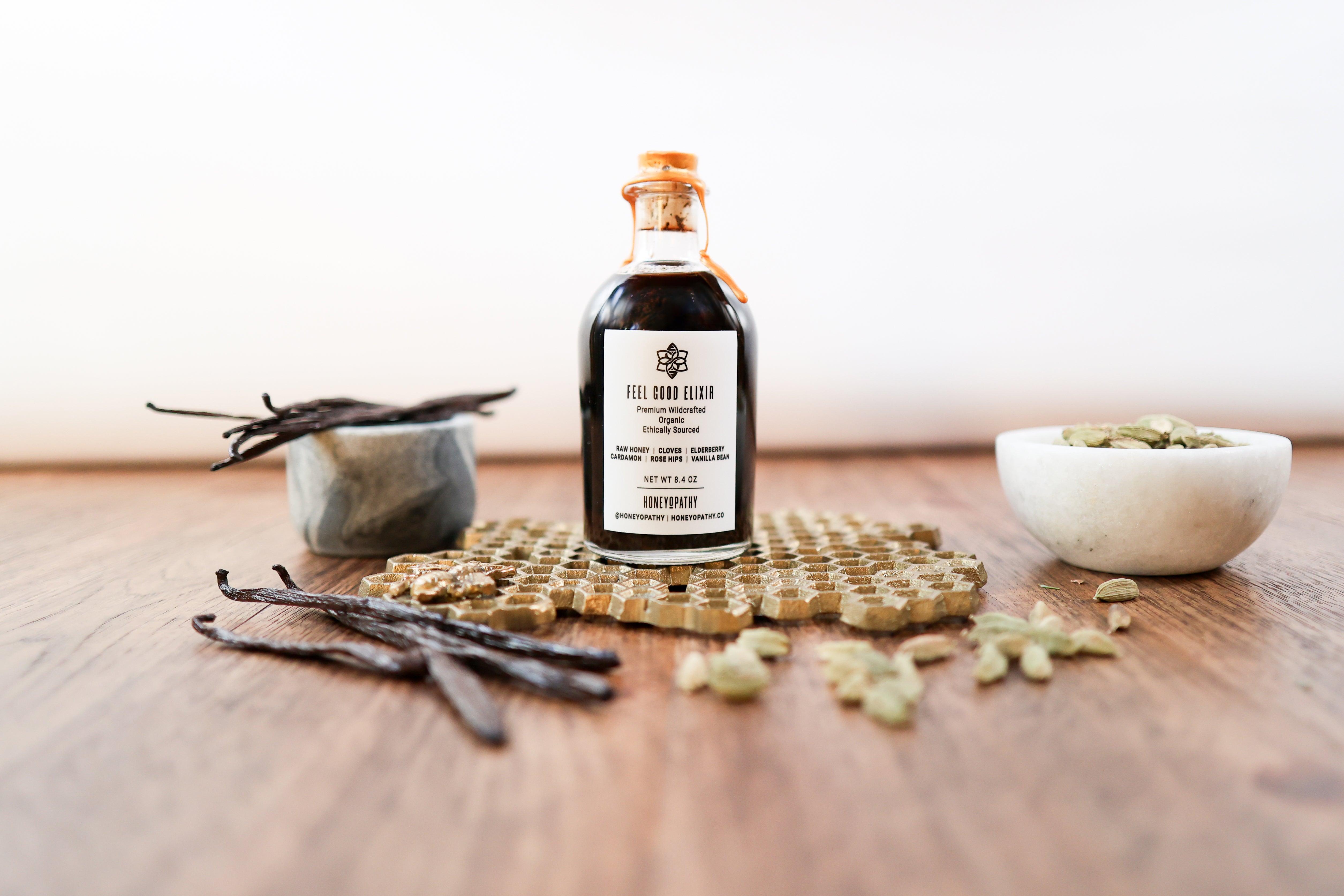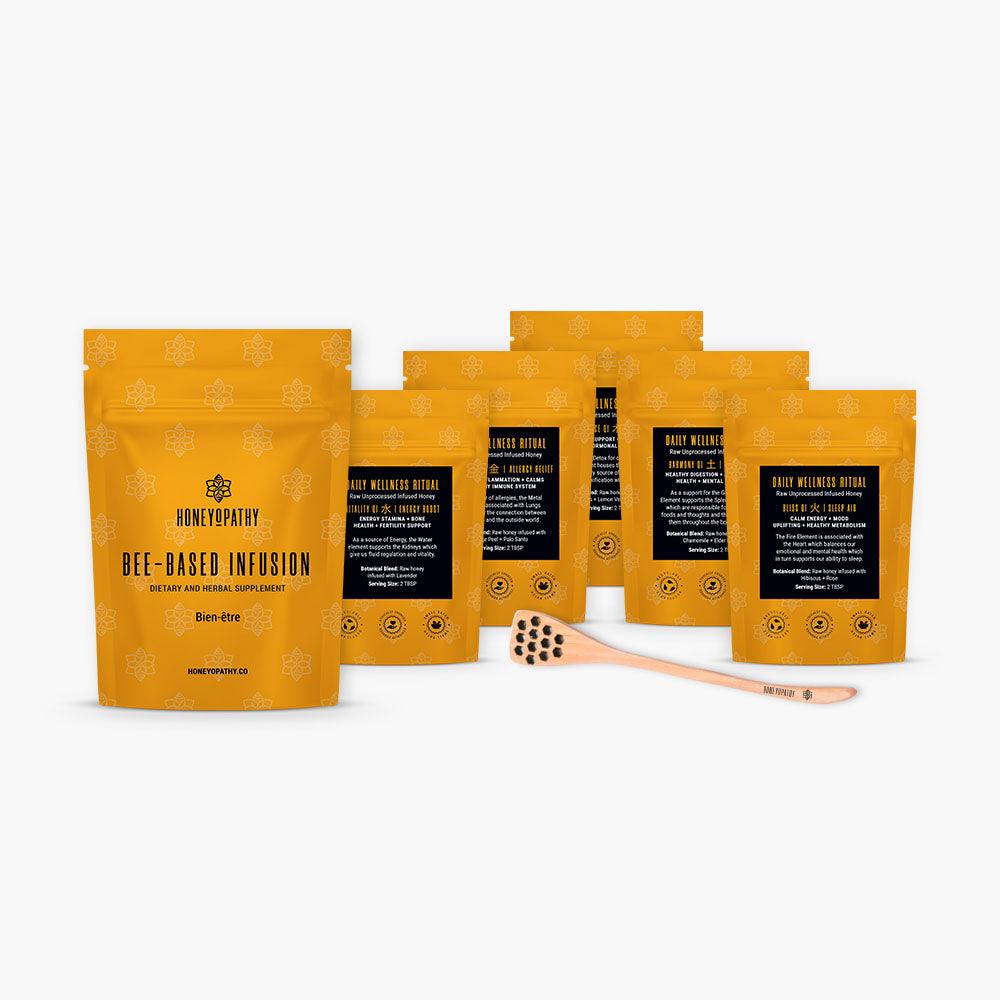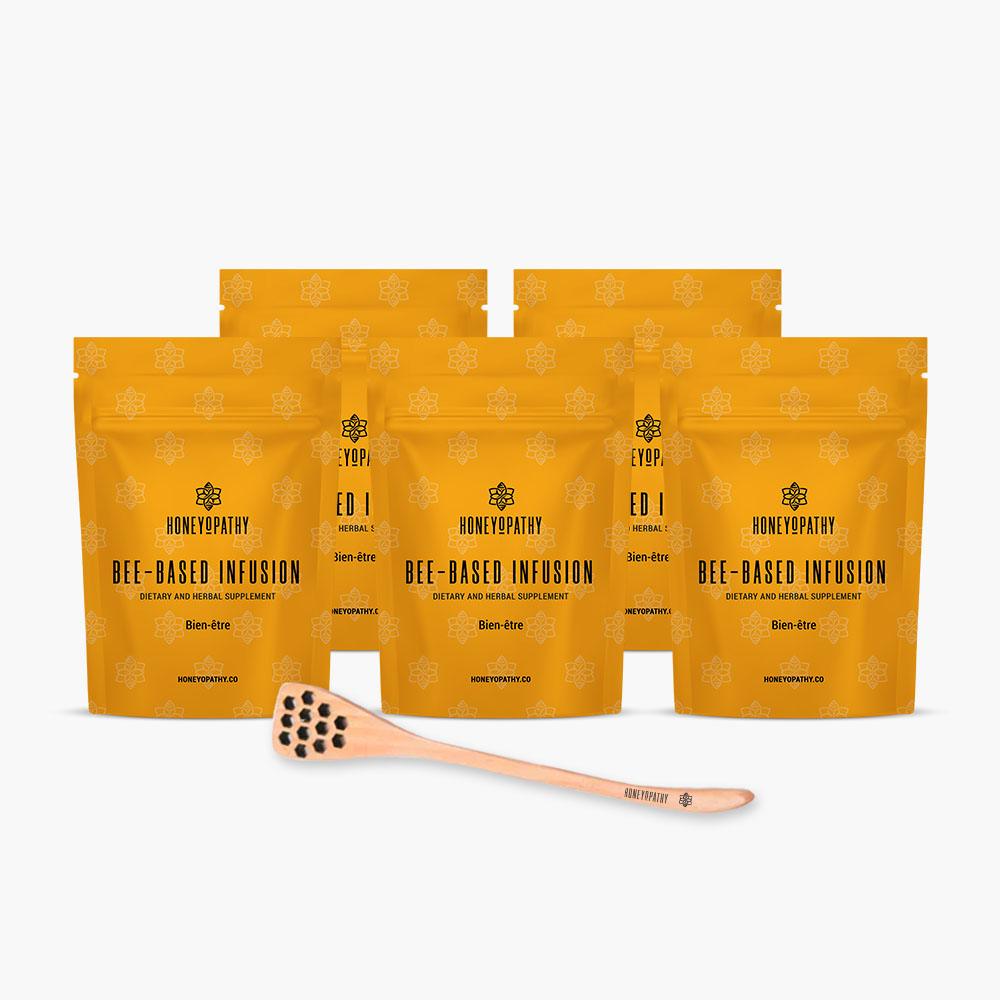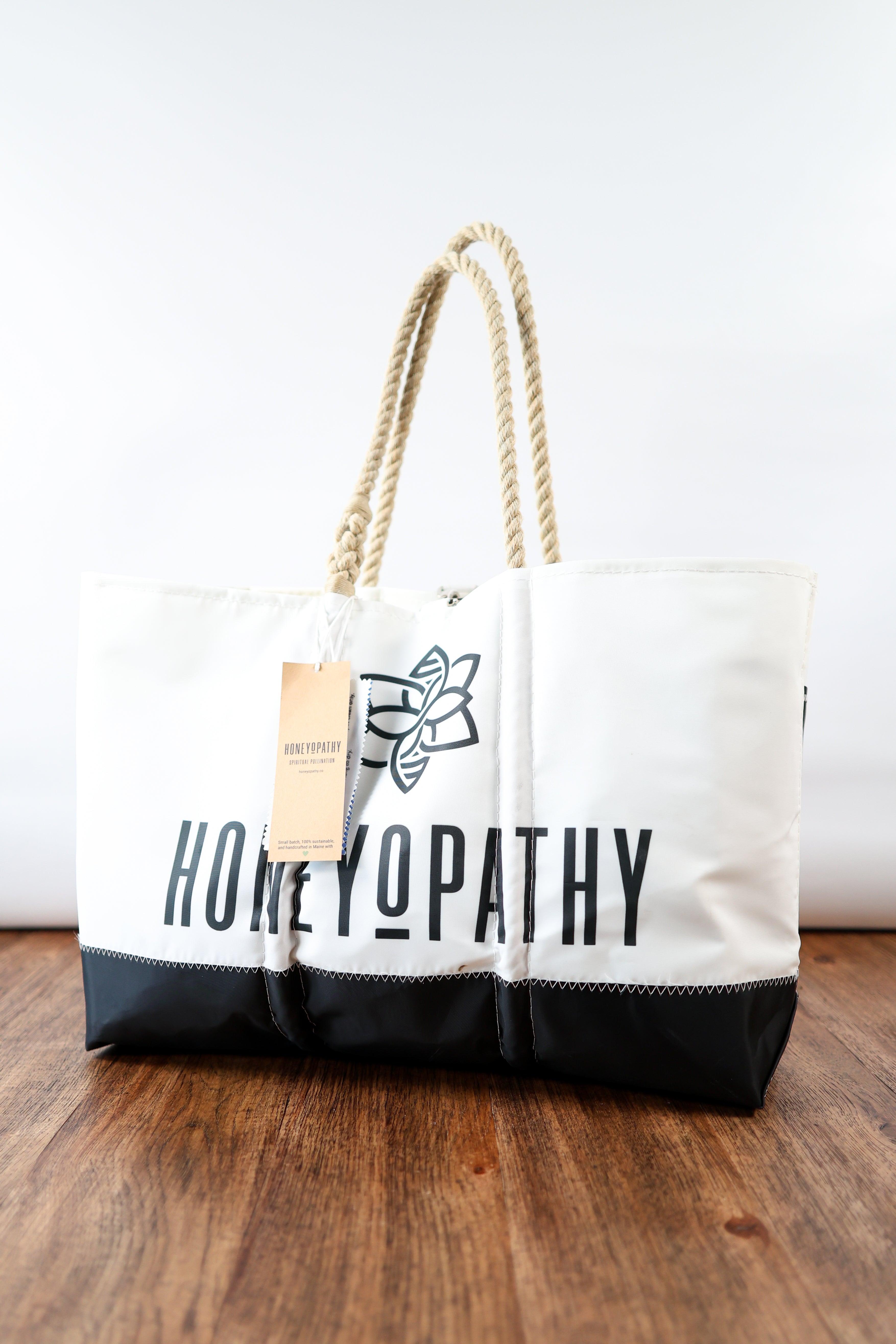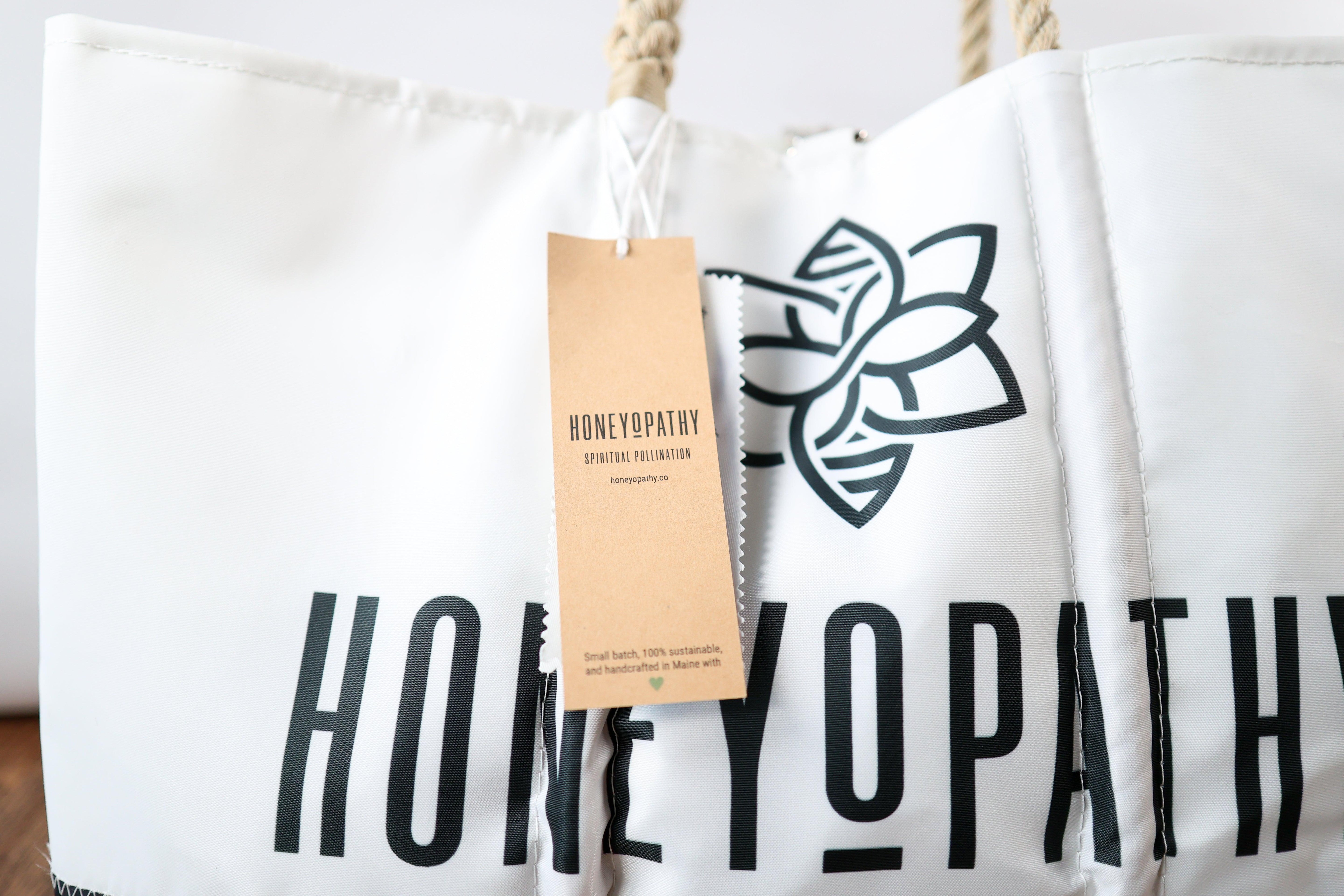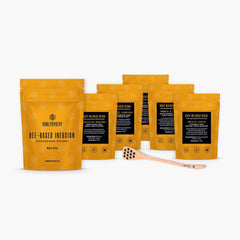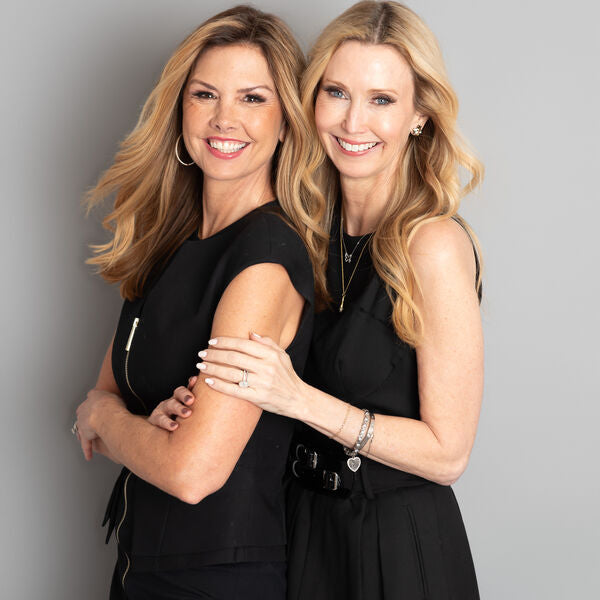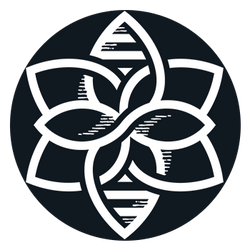What is Classical Chinese Medicine and how does it align with our personality, constitution and physical characteristics?
Classical Chinese Medicine has been used for thousands of years and is based on the belief that
Qi (the body's vital energy) flows along meridians (channels) in the body and keeps a person's spiritual, emotional, mental, and physical health in balance. The subtle manipulation points along your meridian are stimulated where there is blockages of Qi energy and blood flow and the natural response to that stimulation releases the blockages so that energy may flow more freely (typically acupuncture, acupressure, or with diet, exercise, sleep quality, etc.).
The 5 principles of CCM,
Wood,
Fire,
Earth,
Metal and
Water, divides the human body into five systems each having its own specific characteristics that can be inferred by analyzing those natural materials. It's a sort of master blueprint that diagrams how nature interacts with the body and how the different dimensions of our being impact each other and identify where there are imbalances in our bodies.
Each of us has a dominant element that influence personal qualities. Each element has traits that are present when they are in balance and out of balance. There is a quiz on the website to help you determine your dominant element. Each botanically infused honey supports qi flow for each element.
- Wood personalities may be energetic and adventurous but also rigid or uptight. They have a greenish complexion, small hands and long face with a pointed chin and wide shoulders. They are seldom overweight due to their fast-working metabolism. They are very organized and logical. They plan things well and get frustrated if they go wrong. Their primary energy comes from the liver (considered to be the grand architect for our vision of the future) and gall bladder and their season (when they’re most vibrant) is Spring.
- Metal types are responsible and meticulous though sometimes unbending and cutting. They often have straight hair. They are known for their fast metabolism and rarely have problems with their weight. The Metal Element is associated with the lungs and skin and so when out of balance Metal Types are prone to respiratory problems such as asthma and skin problems such as eczema and psoriasis when they’re in balance. They're primary energy is derived from the lungs and large intestine and their season is the Fall.
- Fire types can be passionate and authoritative but also quick to anger. Fire type people have a red complexion and a skinny face. They are full of muscles in the back and have a small head. They have a stable step and sway their shoulders while walking. Fire people are energetic, they believe in the power of charisma and desire. Their energy comes from the Heart and their season is Summer.
- Earth types are typically introverted and may be thoughtful and giving but can also be self destructive or overbearing. Earth people often have square faces with strong jaws and sallow complexions. Their features can be large, especially the mouth. Their bodies are often thickset or curvy. Earth types are thoughtful but when out of balance these thoughts can become obsessive and intrusive and can cause them to worry unnecessarily. Their season is late summer and their primary energy source comes from the stomach and spleen.
- Water personalities can be charismatic, adventurous yet self contained and overly critical. The season of the Water Element is winter when quietness and stillness reign. The Water types reflect this by seeking out solitude and tranquility. Water types often have round faces and soft rounded bodies. They have large soft eyes and often have dark hair. The organs associated with the Water Type are the Kidney and Bladder and they are prone to urinary tract infections and holding too much water in the body. The Water element also governs the bones so Water Types can have sore joints and back problems.
How do you use the practice of homeopathy to create your product line?
Homeopathy is the theory of treating 'like with like' to stimulate healing responses to stagnation by administering substances that mimic the symptoms of those diseases in healthy people. We blend and infuse botanicals homeopathically with bee-based products (which amplify their effects) to support Qi flow and reduce stagnation. They can be taken to support seasonal changes (which cause stress on our bodies) so that we can fully experience the benefits (e.g. winter we sleep more and reflect, we create new experiences and growth in the Spring, etc.). We can also use our dominant element products to reduce stagnation throughout the year, developed by our resident herbalist, acupuncturist and homeopathic practitioner,
Dr. Krystal Couture.
What is the plight of honeybees and how are you addressing it?
Honeybees and honey are being exploited in the marketplace. We are raising awareness for both people who are looking to buy bee-based products that are unadulterated and are sourced from beekeepers that treat honeybees ethically (i.e. are not fed sugar water, have access to pure water and a diverse diet of botanicals, where all of their honey isn’t extracted so that they starve to death, etc.). It is s impossible to mass produce honey without this sort of exploitation and the end result is not good for honey bees (who are already endangered) and for us because this type of honey is also unhealthy.
Our motto is if you can’t buy our honey, buy from your local beekeeper and support those who are trying to protect and promote their existence. Honeyopathy donates 6% of revenues to organizations that research sustainable and ethical beekeeping.
What is an ethical and sustainable business model and how do give back?
Bees contribute to the planet’s biodiversity and are critical to healthy ecosystems. Honey bees, in particular, transfer pollen, and as a result, 80% of flowering plants and one-third of crops on Earth are sustained by these busy pollinators. Bee hive populations shrank by more than half in less than a century and in the US last year, almost 50% of honeybee colonies perished making it the second deadliest on record. The rise of commercial farming pesticides, destruction of pollinator habitats, and climate change are all factors that catalyzed this decline.
What's worse, we re supporting their collapse by buying honey from commercial beekeepers who exploit them to meet market demand. It puts stress undue stress on the bees. We are raising awareness for both people who are looking to buy bee-based products that are unadulterated and are sourced from beekeepers that treat honeybees ethically (i.e. are not fed sugar water, have access to pure water and a diverse diet of botanicals, where all of their honey isn’t extracted to a point where they starve to death, etc.). It is s impossible to mass produce honey without this sort of exploitation and the end result is not good for honey bees (who are already endangered) and for us because this type of honey is also unhealthy. Our motto is if you can’t buy our honey, buy from your local beekeeper and support those who are trying to protect and promote their existence. Honeyopathy donates 6% of revenues to organizations that research sustainable and ethical beekeeping. We like to call this model '
profit for good’.
We air the episode on May 3rd. You can find them on Saturday mornings at 10AM on CBS station WLNY.

